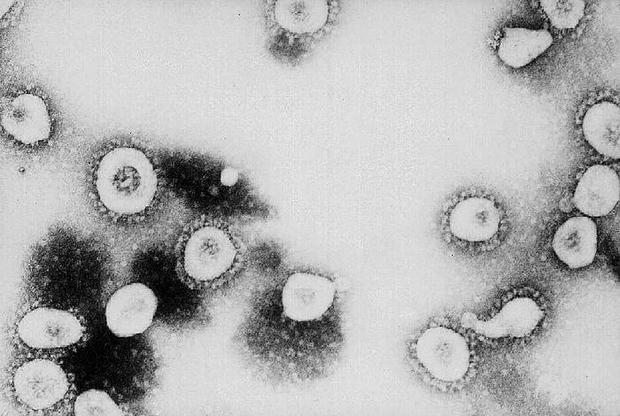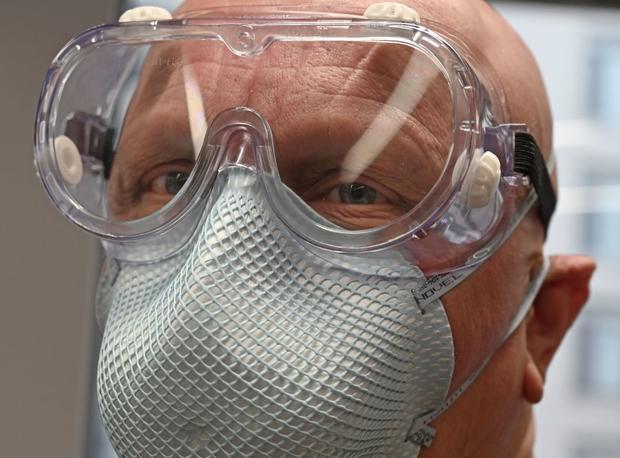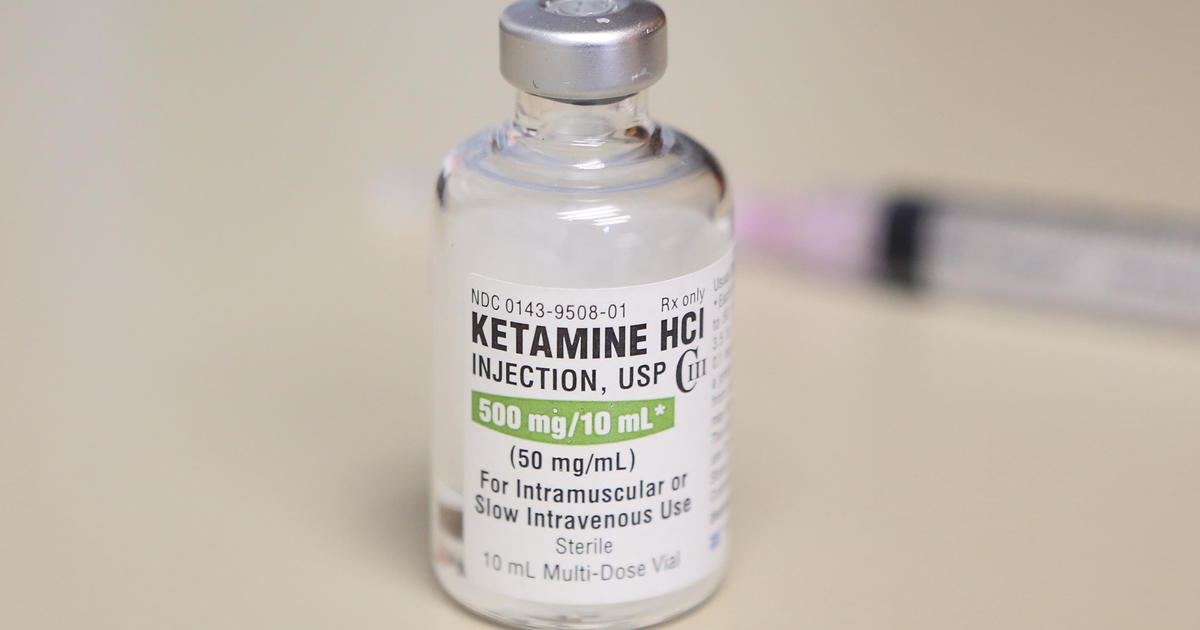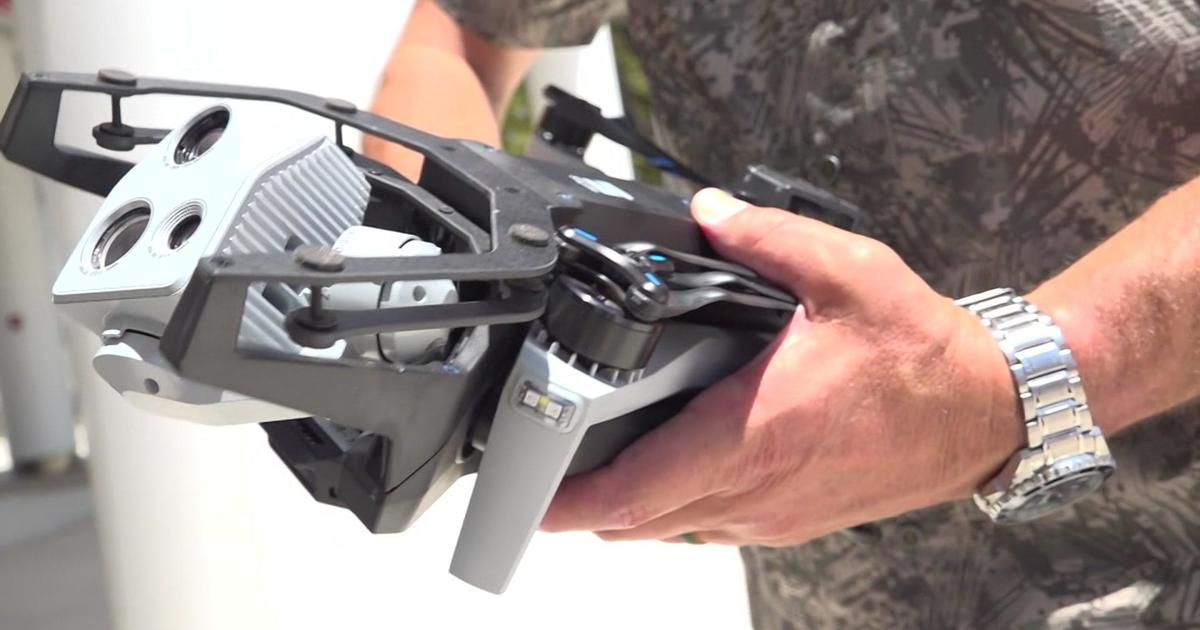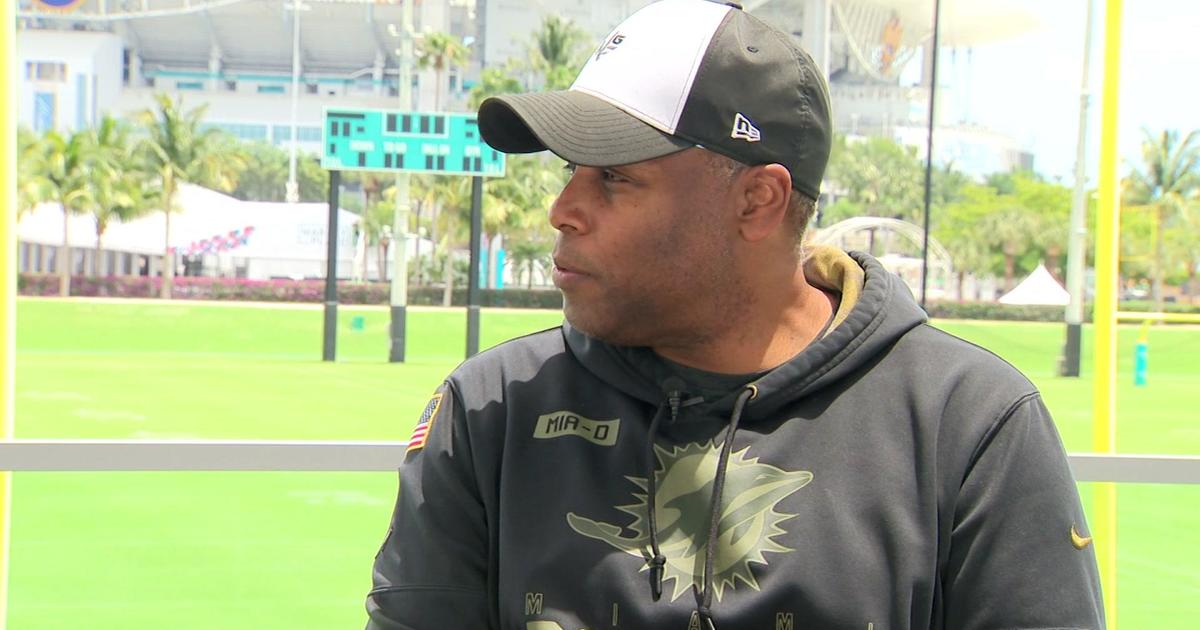Washing Your Hands Is Best Defense Against Coronavirus, Not A Facemask
MIAMI (CBSMiami) – Officials at the Centers for Disease Control and Prevention say the spread of the coronavirus in the U.S. is inevitable but there are steps you can take now to prepare.
There are 60 confirmed cases of the virus in the U.S. as of Thursday, according to Health and Human Services Secretary Alex Azar.
- 42 are former passengers on the Diamond Princess cruise ship, the site of a recent outbreak and quarantine.
- 3 are Americans recently repatriated from Wuhan, China, the epicenter of the outbreak.
- 1 patient at UC Davis Medical Center contracted the illness through unknown means.
Most of the other 14 patients had either recently been to China or are a spouse of someone who recently returned from China.
There are no confirmed coronavirus cases in Florida.
While the CDC says they expect the number of cases to rise, they want to stress the immediate risk remains low.
Of the 60 confirmed cases in the U.S., no one has died. Compare that to this year's influenza, which has infected at least 29 million people in the U.S. and killed about 16,000 so far.
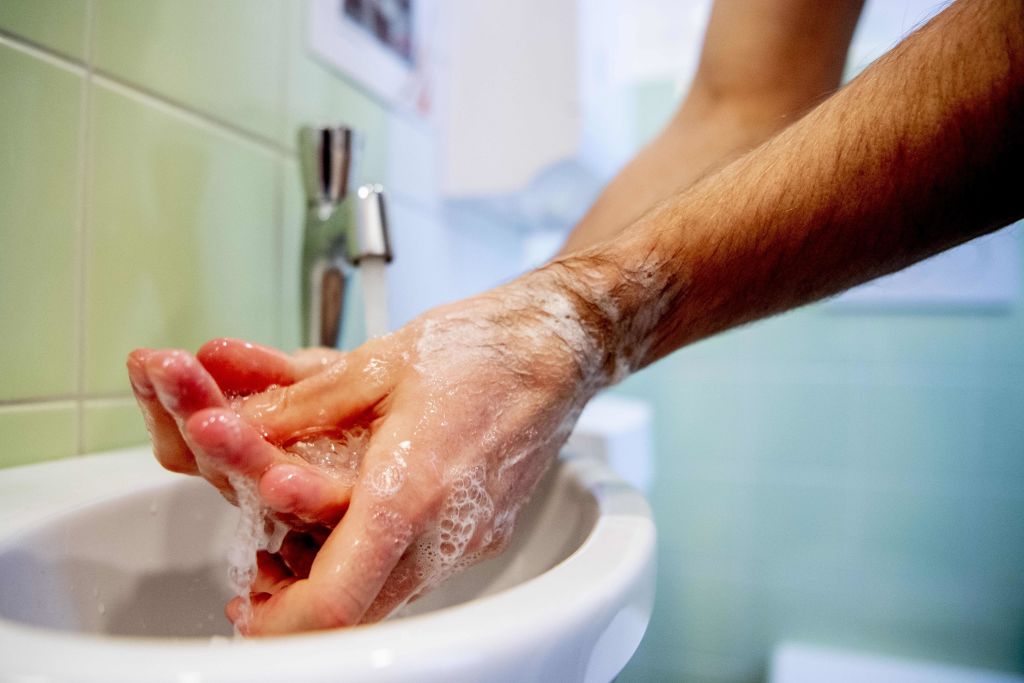
So what can you do to avoid getting sick?
- Wash your hands often with soap and water. Wash for at least 20 seconds or as long as it takes to sing the 'Happy Birthday' song. Wash before eating, after blowing your nose, coughing or sneezing.
- Be sure to wash your thumbs, wrists and between your fingers, the most commonly missed places.
- If soap and water are not readily available, use an alcohol-based hand sanitizer with at least 60% alcohol.
- Avoid touching your eyes, nose, mouth and face.
- Avoid close contact with people who are sick or exhibit symptoms.
- Stay home when you are sick.
- If you have to cough or sneeze, cover your mouth and nose with a tissue, then throw the tissue in the trash and disinfect your hands.
- Clean and disinfect frequently touched objects and surfaces using a regular household cleaning spray or an alcohol wipe.
It is important to remember that coronavirus can exist on surfaces for days and conditions such as temperature and humidity must be favorable. The virus, COVID-19, is primarily spread through close contact with someone who is infected.
Currently, there is no vaccine to protect against the coronavirus and no medications have been approved, yet, to treat it.
Do I need a facemask?
It depends. N95 masks are in demand because they filter out 95% of all airborne particles, according to the U.S. Centers for Disease Control and Prevention. Yet the agency has noted that only people with coronavirus symptoms should use protective masks as a measure to help contain the disease. They are also recommended for health workers and others caring for infected patients.
The CDC does not recommend healthy people to wear facemasks.
Improved testing for the virus
In the early weeks of the outbreak, the CDC was the only facility in the U.S. that could test for the virus. By this weekend, 93 labs across the US are expected to have testing capabilities, Azar said. In addition, as many as 70 companies are vying to develop a "bedside diagnostic" test for hospital use.
There have been at least 82,056 confirmed cases worldwide and 2,800 deaths -- the vast majority in China. Experts says it's good to remember that more than 80% of those cases have been mild, requiring little to no medical intervention, and it is much less deadly than severe acute respiratory syndrome (SARS) and Middle East respiratory syndrome (MERS), which are also coronaviruses, according to Infectious Disease Physician and Medical Microbiologist Colleen S. Kraft.
(©2020 CBS Broadcasting Inc. All Rights Reserved. Cable News Network, Inc., a Time Warner Company, contributed to this report.)
